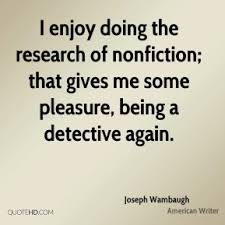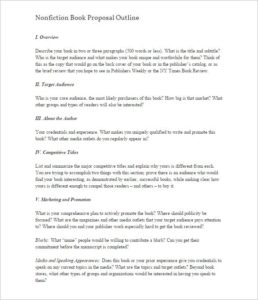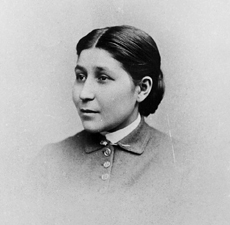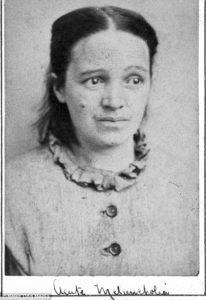Just as most employees aren’t CEOs or don’t make fantastic salaries, most writers do not appear on best seller lists or make tons of money. There can be a lot of heartache in writing simply because it is hard to make a living at it, to sell the pieces closest to your heart, and to look past all the rejection and non-responses to your queries. However, there are also some great rewards to writing that most other professions don’t offer.
First, you obviously get to do what you want for a living. Enjoying your work is an enormous gift which far too many people haven’t received. Unless you just luck into a lucrative writing job, you’re going to have to pursue your projects–alone–with lots of failures along the way. Unless you really love to write, it’s typically just not worth it. However, if you’re writing because you enjoy it, get excited about it, think about your projects all the time, can’t wait to get up in the morning to work on them–and that happens a lot with writers–you’re truly blessed.
Loving your job is important to loving your life, and we all want that . . . it’s a thought to hold onto when you face those bleak moments when you can’t seem to find “success” as society defines it. Consider why so many writers never actually retire but continue writing all their lives–maybe there’s success that can’t be measured by money.










